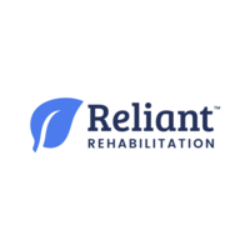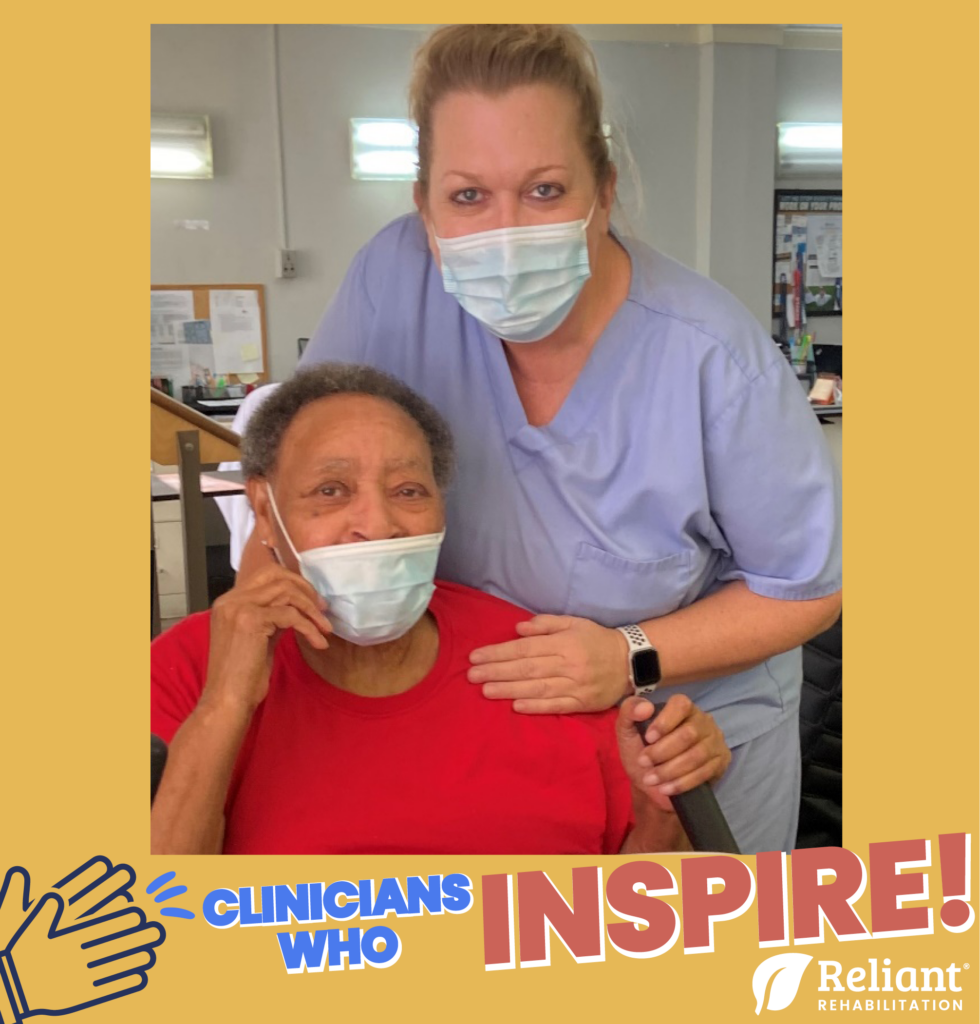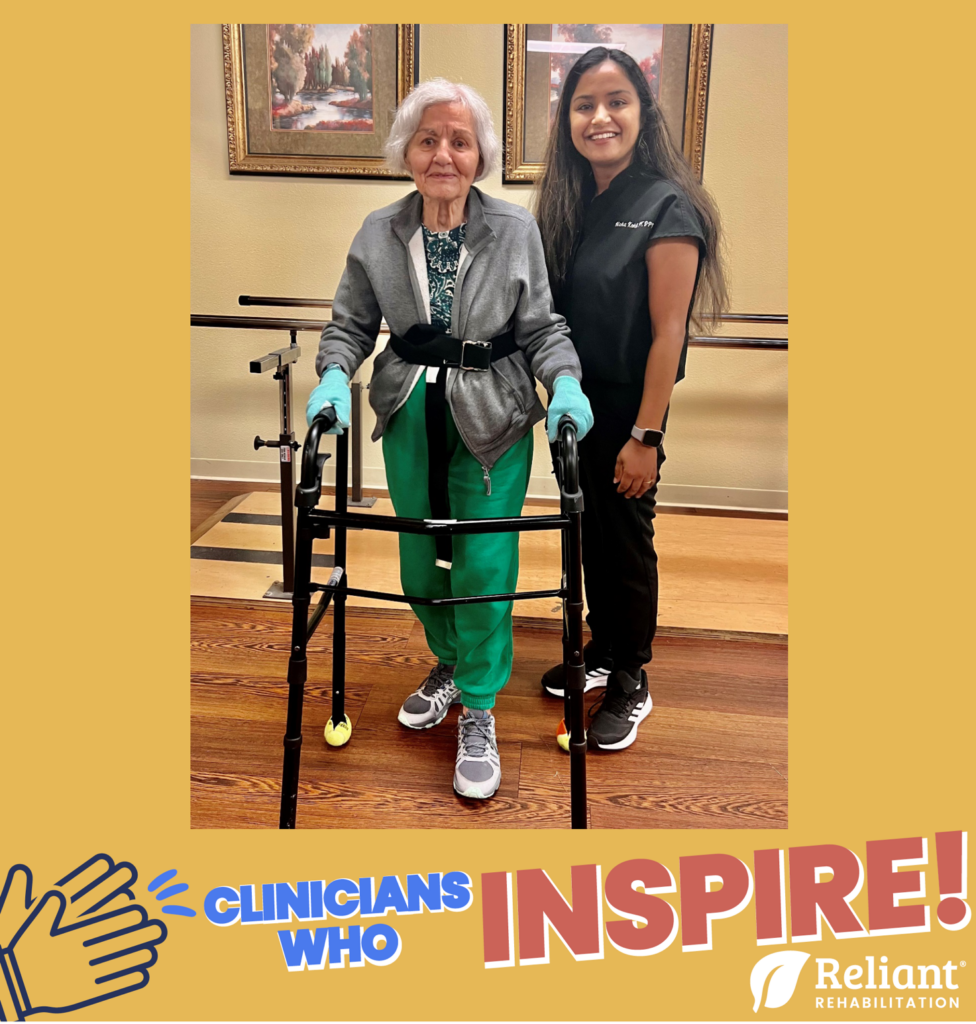Health Resources and Services Administration (HRSA) released two important updates:
· Reporting Period 4 (RP4): Providers who received one or more PRF (General or Targeted) and/or ARP Rural payments exceeding $10,000, in the aggregate, from July 1 to December 31, 2021, must now report on their use of funds. The PRF Reporting Portal opened for RP4 on January 1, 2023, and will remain open through March 31, 2023, at 11:59 p.m. ET. Additional HRSA guidance is available on the PRF Reporting Resources webpage.
· Phase 4 and ARP Rural Payment Reconsiderations Deadline: Providers who believe their Phase 4 and/or ARP Rural payment was calculated incorrectly have an opportunity to submit a payment reconsideration within 45 days of receiving the notification for their company. For more information, visit the Payment Reconsideration webpage.



